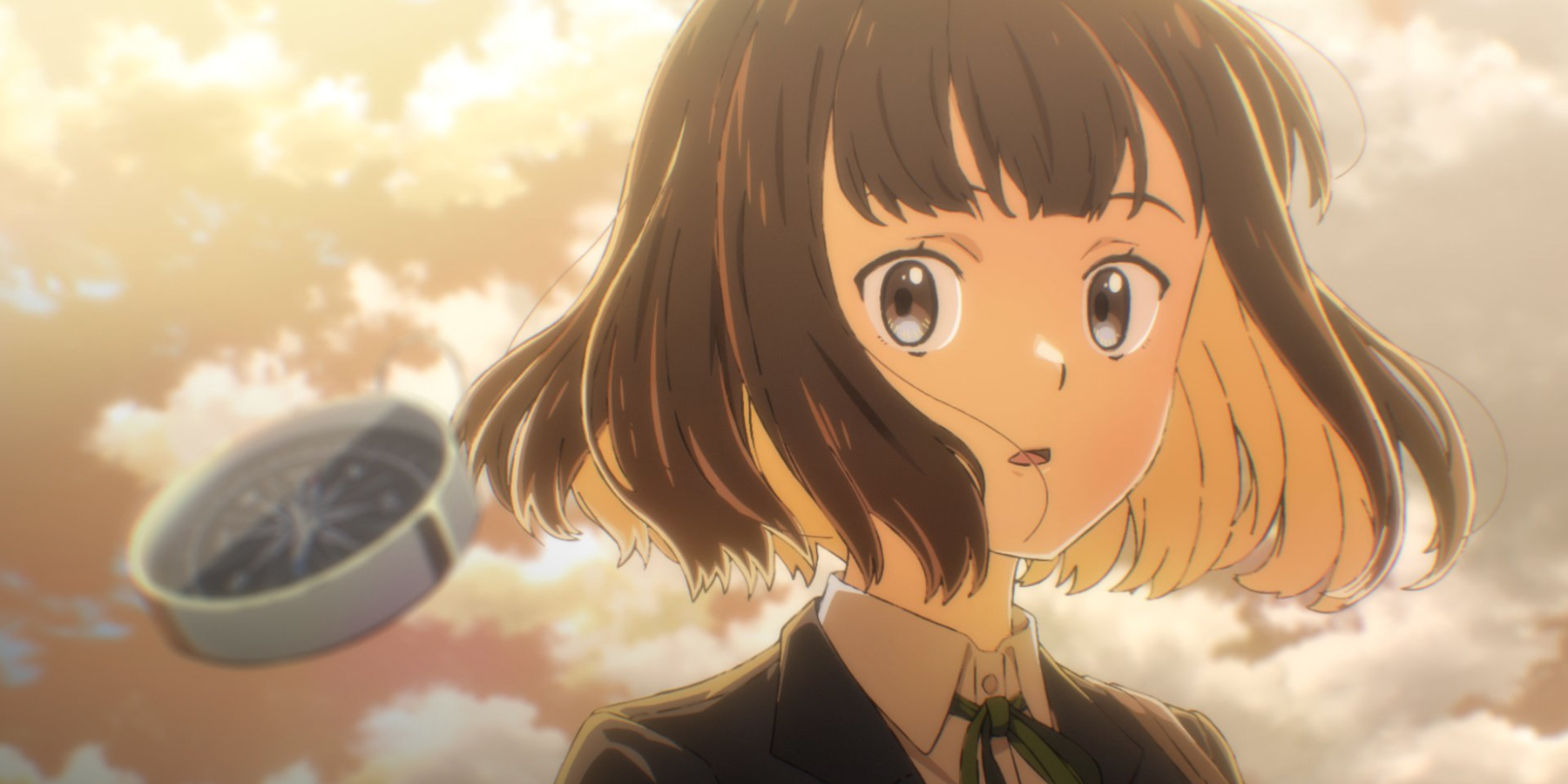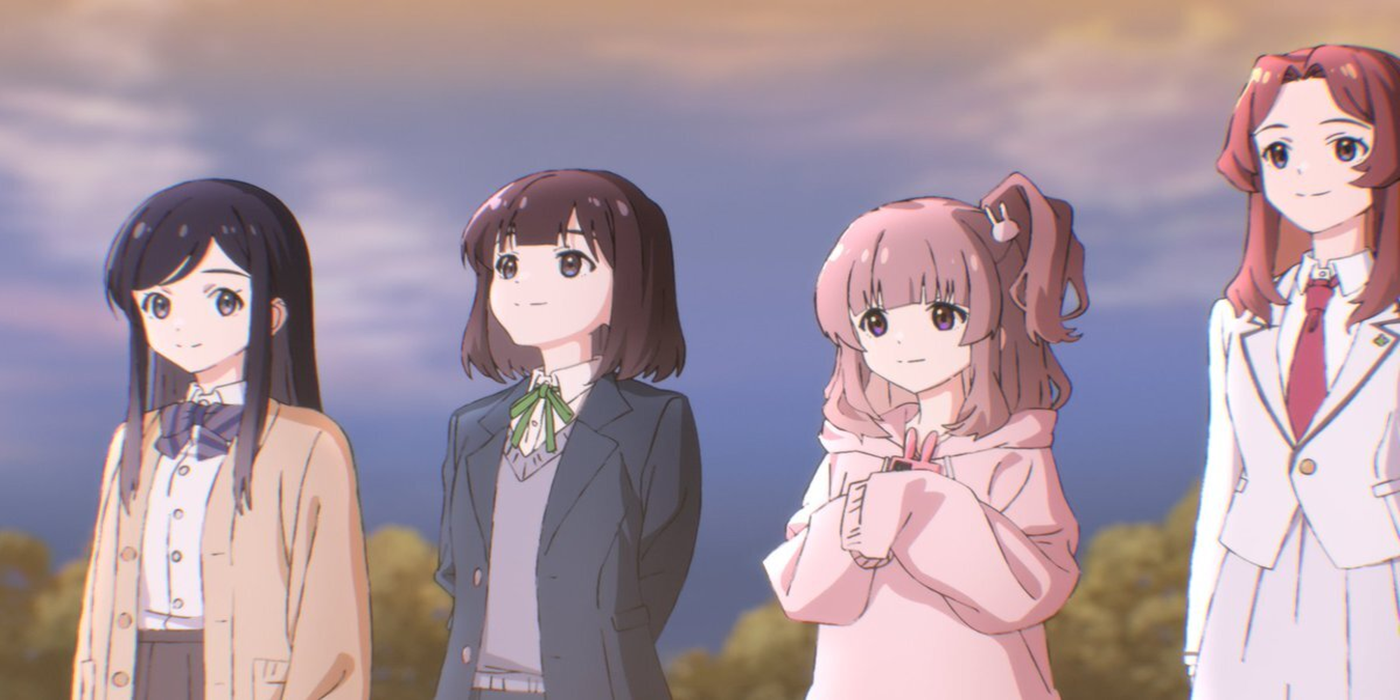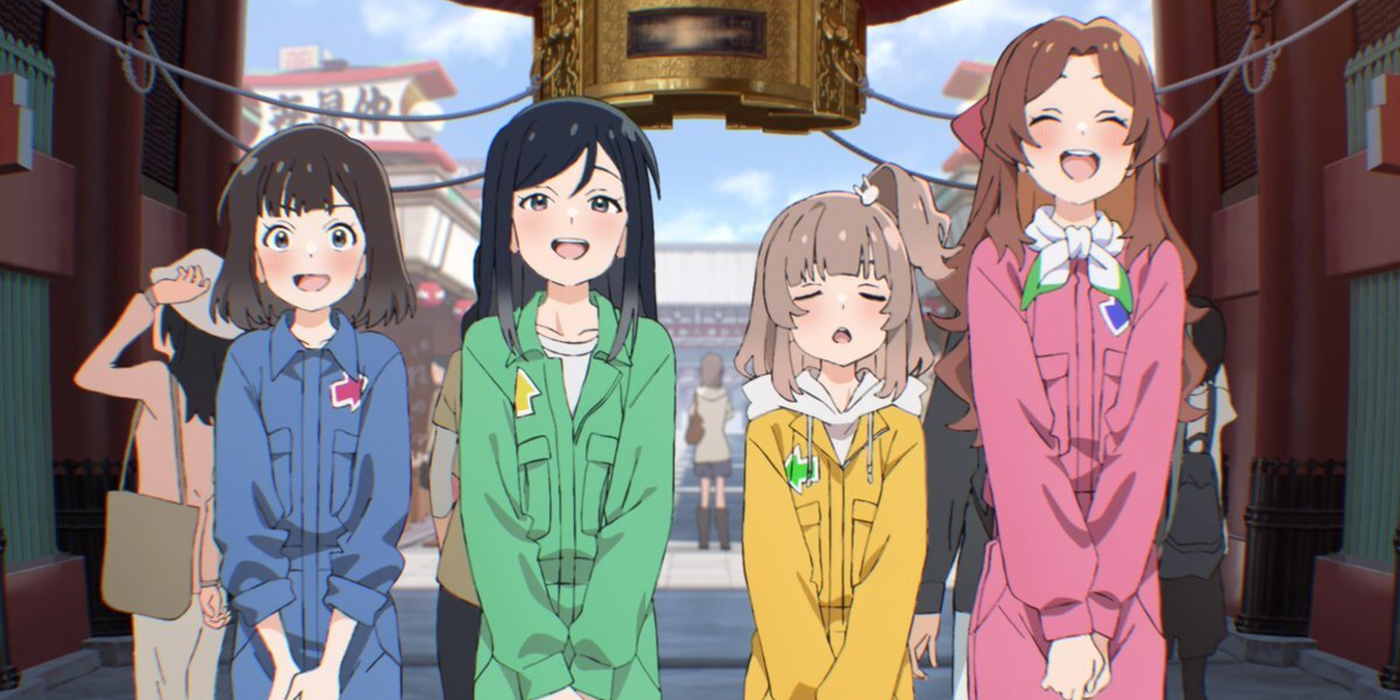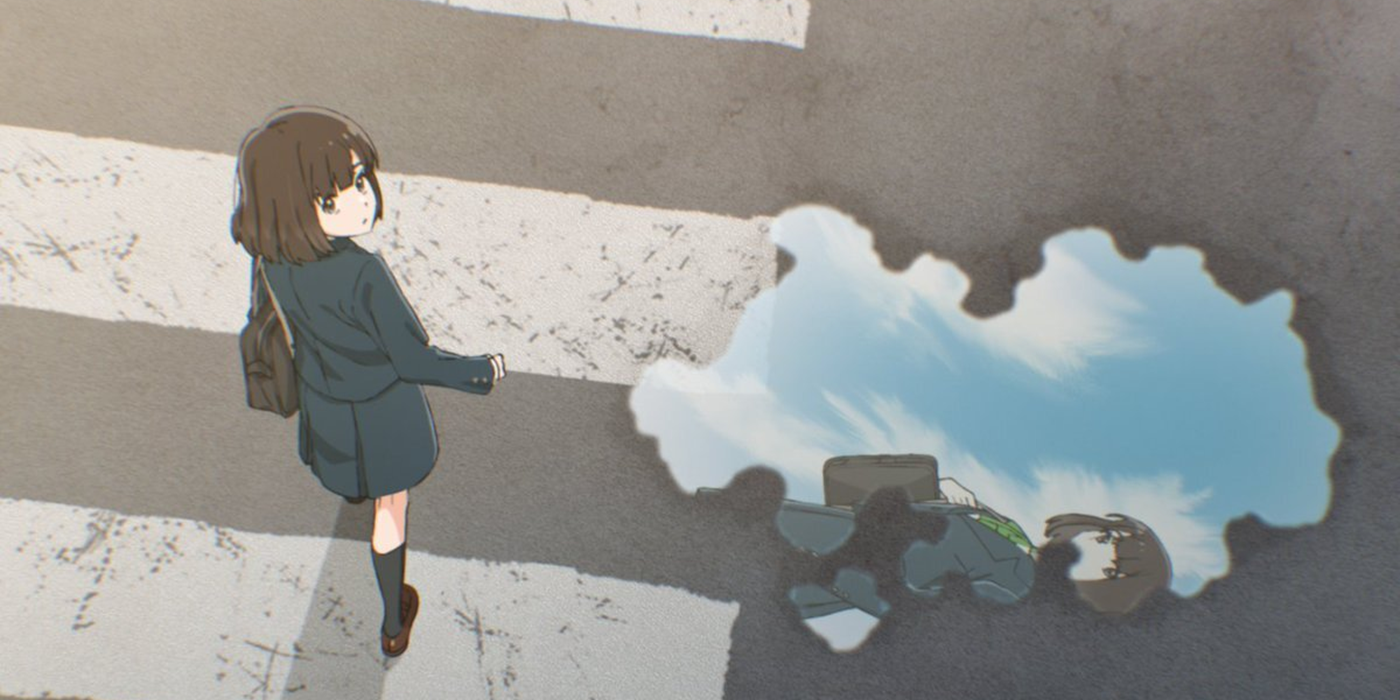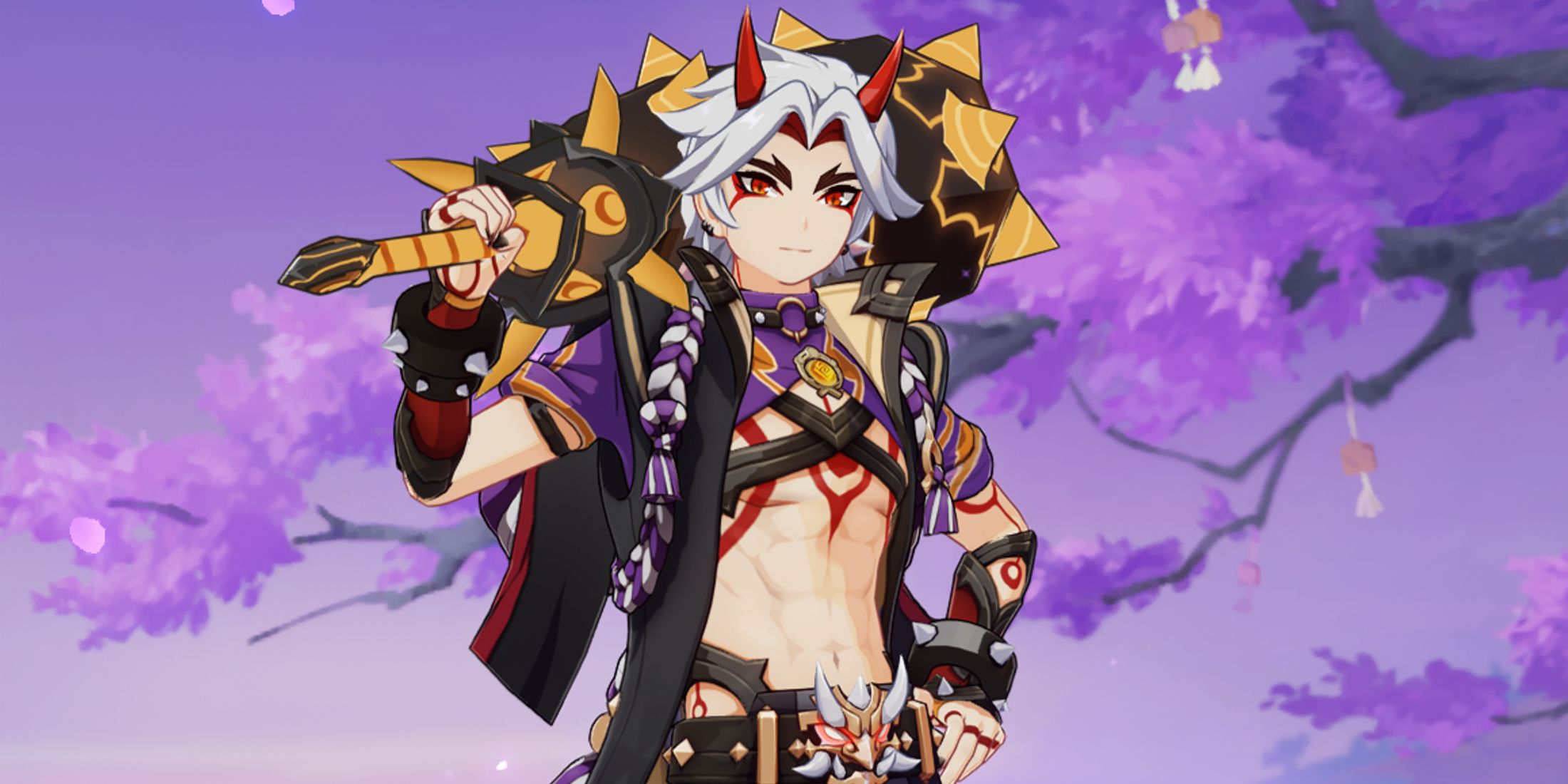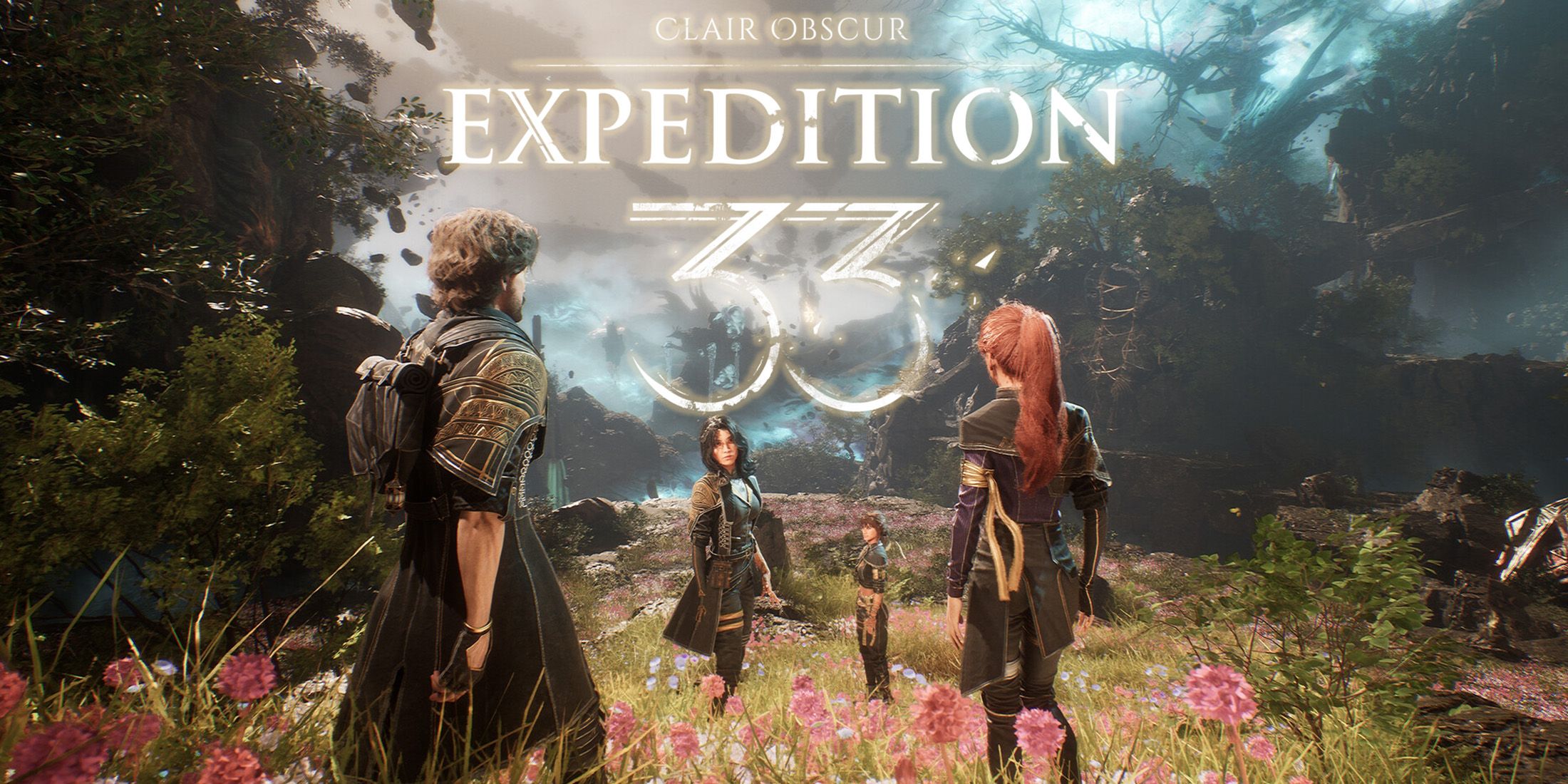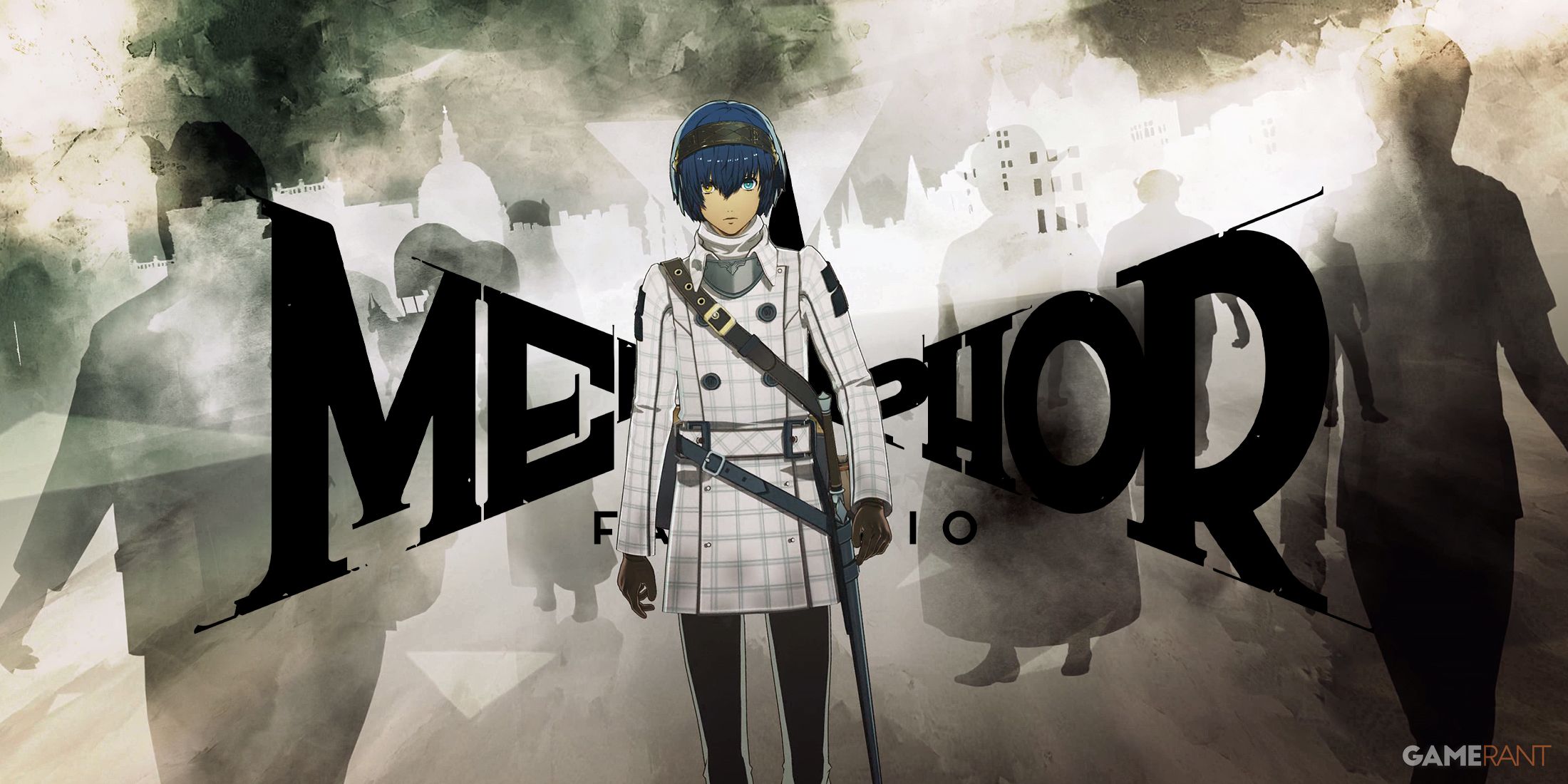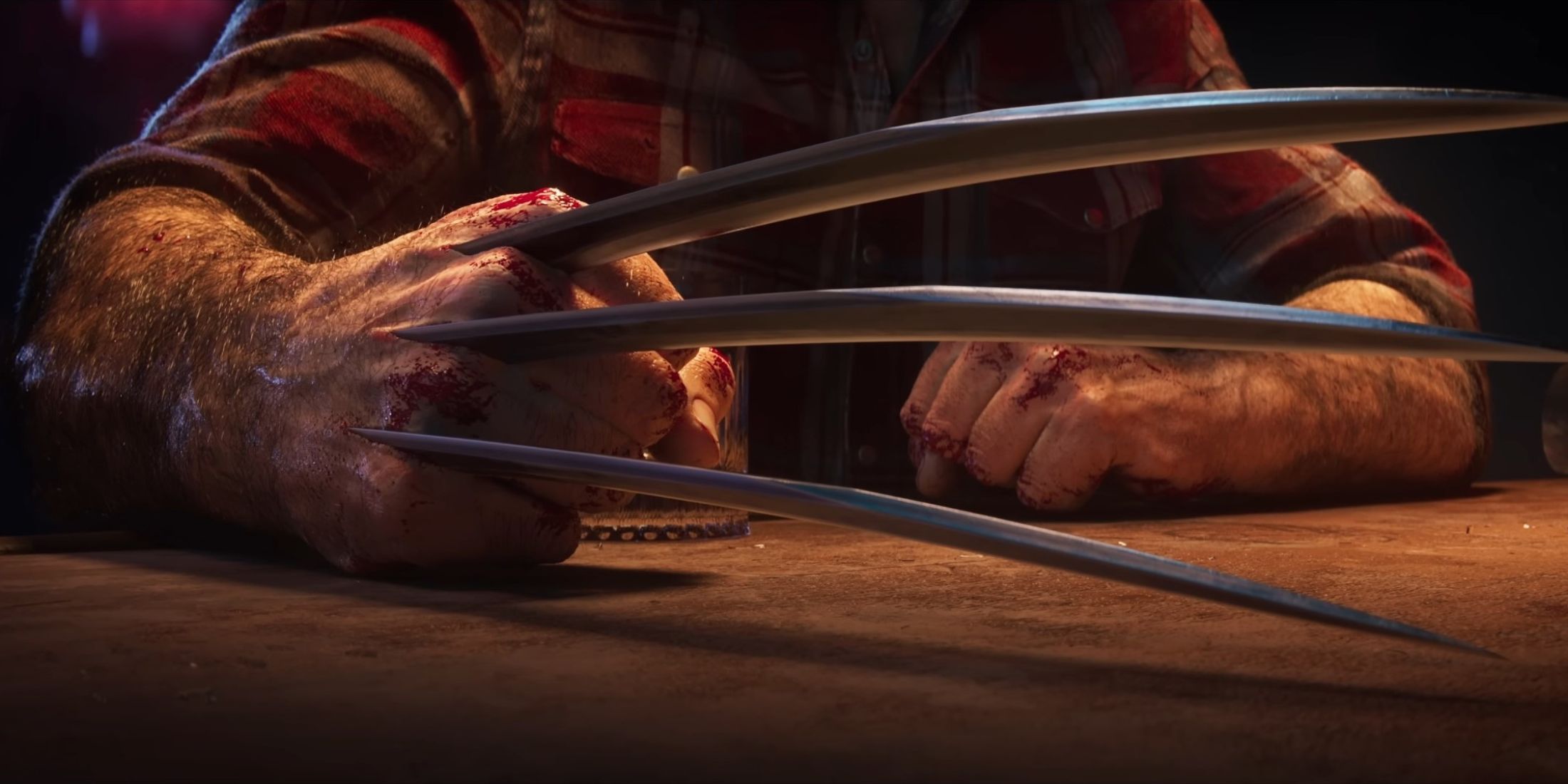Key Takeaways
- Trapezium provides a realistic view of the challenges in the world of idols with no flashy conclusions.
- The film explores the manipulative side of a protagonist driven to form an idol group, blurring the lines between ambition and friendship.
- Trapezium’s art and music capture modern J-pop vibes, catering to idol anime fans but may lack deeper nuance for newcomers.
The idol music industry has been a powerhouse of Japanese pop culture for decades, and the unique structure of that industry has influenced no shortage of anime over the years. From the upbeat, lighthearted spectacles of Love Live! and PriPara, to the gossipy scandal of Oshi no Ko or the psychological madness of Perfect Blue, the dynamics and performance of young, highly-marketed musical talents occupy a constant source of fascination and intrigue within Japan’s sister arts of anime and manga.
A new film from one of the most popular anime studios explores the idol experience by juxtaposing the music with the realistic challenges–and ambitions–needed to make it big.
Related
Best Anime On Crunchyroll (October 2024)
From currently airing romance series to shonen classics and isekai masterpieces, here are the best anime that can be streamed on Crunchyroll.
Trapezium Within the World of Idol Anime
Trapezium, a new feature film produced by Cloverworks, the studio behind some of the 2020s’ most popular anime series including Spy x Family and Bocchi the Rock!, certainly has a pedigree for being a major entry into the world of idol anime. Adding a layer of authenticity to the idol experience is the fact that the film is adapted from a novel written by Kazumi Takayama, a former member of a Japanese idol mega-group. There are a lot of expectations to live up to and previous works to invite potential comparisons to. And how does Trapezium stack up against these different facets of the multifaceted world of idols? Living up to its name with these different ways to approach it all, it sort of…balances them.
There are hardly any big “twists” or showstopping conclusions in Trapezium, and that engenders a bit of prudential judgment on what would or wouldn’t constitute spoilers. The essential setup to the movie is that Yuu, a first-year high school student with a lifelong love of idols and idol culture, carefully curates a group of friends around her with whom she wishes to eventually start her own idol girl group. The locations of each of the girls’ schools correspond to the different directions, North, East, West, and South, for which the group is named “NEWS.” The girl group finally does come together, although the girls’ clashes of different ambitions and desires in life leads to questions over the future of both their musical journey and their wider friendship.
Big Dreams, Bigger Ambitions
To leave the film at that description would certainly be accurate enough for marketing or a press junket, but it doesn’t fully get to the crux of the movie, which is actually more of a character study of a profusely driven wannabe idol. Yuu consciously molds her own friendships based around a group gimmick in her head and bends truths about her own motivations to make it seem like their bonds are rooted in natural friendship and not ulterior ambition.
The girls in the group (a tennis-loving rich girl who attends an elite Christian school, a shy lover of robotics who attends trade school, and a recently-reunited childhood best friend) all seem like they’d be pleasant enough idol group members on paper, but the extent to which Yuu plays a months-long game of essentially feigning interests in their interests in lives only to obliquely push them into accompanying her own personal passion goes beyond likable passion and into somewhat uncomfortable manipulativeness. The movie is aware that these resulting dynamics aren’t perfect, but it hardly wholeheartedly condemns them either. These characters have interesting dynamics and motivations that clash against the harmony of their music, but the film doesn’t quite settle on which tensions it wants to portray, and how far it wants to go to illustrate them.
Indeed, while the plot of Trapezium casts a negative light on its protagonist’s more incidental outbursts towards her idolmates and resolves the friend group’s personal differences, it never quite goes the same distance in showing the group’s entire friendship, which is shown to be genuine, nevertheless having ulterior motives as its whole raison d’etre. At a slightly different angle, had this film focused more on Yuu’s internal monologue or self-doubt at the extent of her ambitions, it could have been a captivating character study, or—dare I say— a more modern, and much lower-stakes spiritual companion to Perfect Blue. However, by still ultimately playing off the cheery feel of the group’s performances, flawed dynamics and all, Trapezium’s take on idols ultimately feels like something of an attempt to have its cake and eat it too.
Sights and Sounds
On a technical level, the art and animation of the movie are generally good. Director Masahiro Shinohara, whose work has previously centered around television anime directing, does a commendable job with holding and crafting character expressions that give a lot of vividness to the girls and their interactions. The movie gives the impression of a crisp visual sensibility threaded between the storyboards and into the final art, simple facial expressions pauses, and frames retaining a strong sense of emotional characterization.
CGI is present throughout the film, but sparingly. Some outside CGI environments characters walk through in some shots feel a bit clashing between the 2D figures and their 3D-shaded environments, but these instances aren’t common overall and the CGI is less apparent (but still visible) in the girls’ performance dance routines, which take up much more of the film’s visual crux.
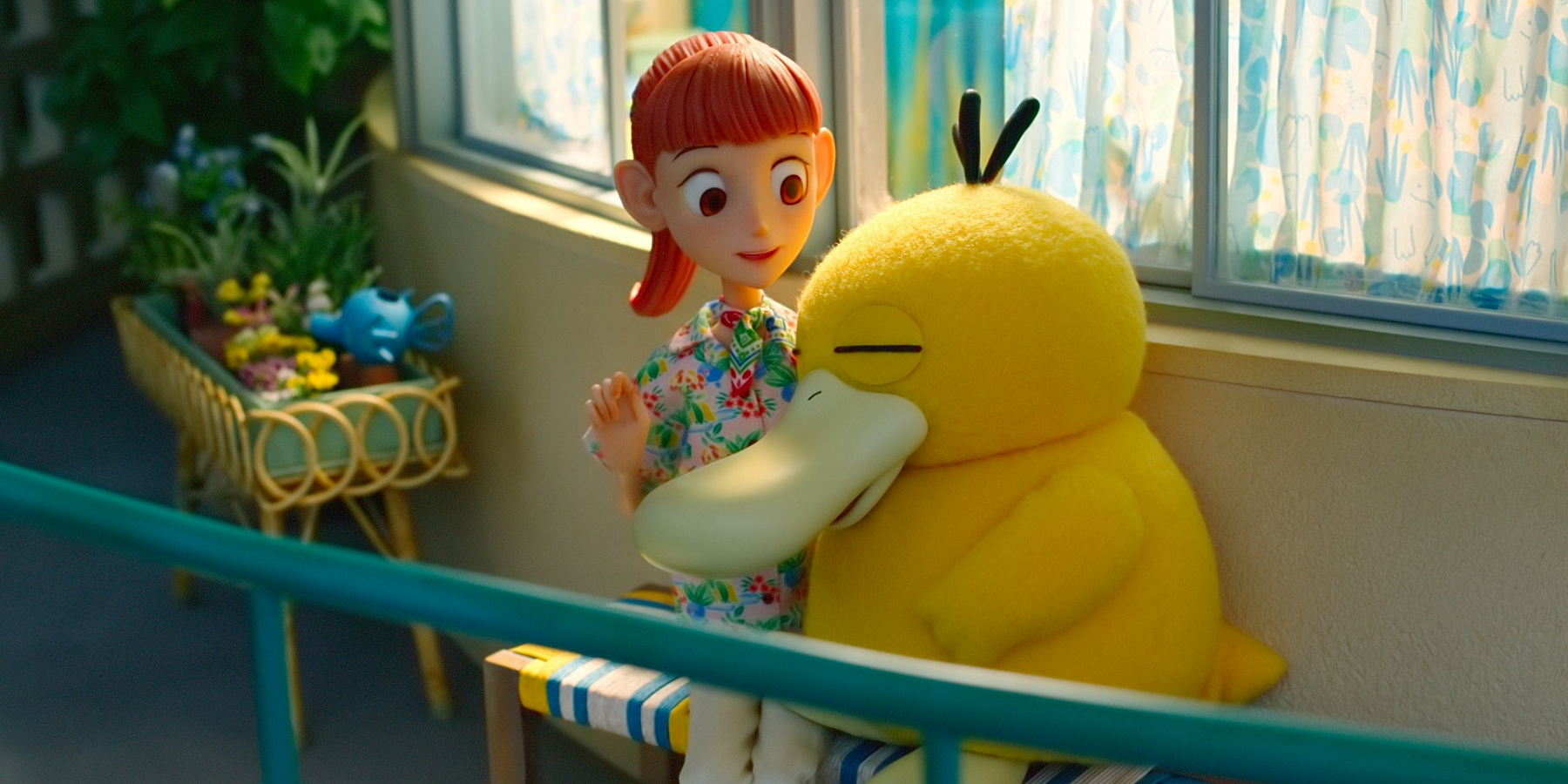
Related
Pokemon Concierge Review: New Anime Miniseries Takes Pokemon on Vacation
The newest Pokemon anime is finally here, and it’s bringing summer vibes to warm up the winter.
It goes without saying that music has to be a major component of any idol film, and the music of Trapezium captures the feel of upbeat, modern J-pop while fitting it within the beats (literally) of the girls’ idol journey. Composer Masaru Yokoyama, who previously collaborated with Cloverworks on 2019’s Her Blue Sky, plays off of both the sentimentality of high school drama and the more upbeat feel of J-pop for a pleasant soundtrack and a particularly memorable opening theme. The opening sequence is expressively visual along with its music and is a good bit of fun early on.
Trapezium is sure to be a treat for committed fans of idol anime, but it probably wouldn’t be the best introduction to that side of the medium for a newcomer. It has the seeds of engaging, complex character dynamics, but handles them with a politeness that privileges sentimental convention over the deeper nuance that one can sense was likely more on display in the source novel. That said, for fans of the idol genre, Trapezium may just prove an engaging balancing act.
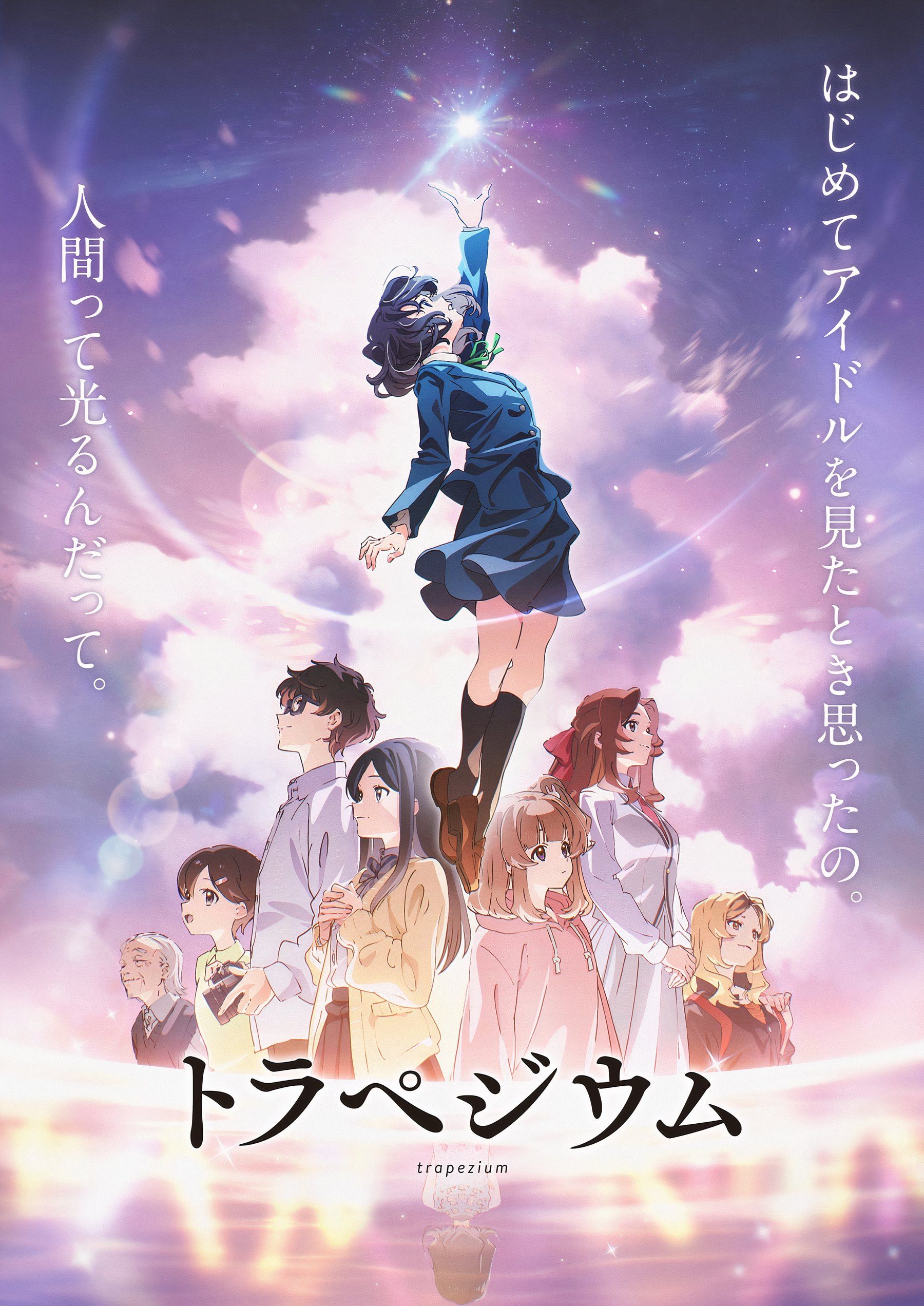
Trapezium
A high school girl determined to become an idol faces obstacles pursuing her dream. Along the way, she befriends aspiring stars from all directions, learning what her shining ambition truly means.




/cdn.vox-cdn.com/uploads/chorus_asset/file/25787622/tcl_ai_the_audition.png)





